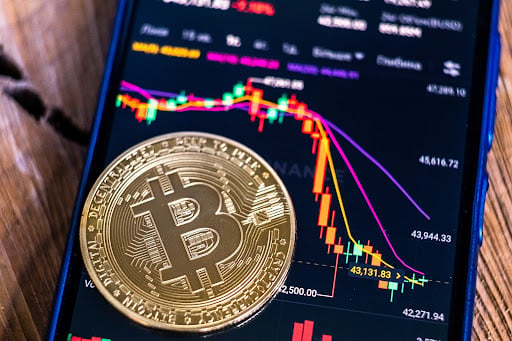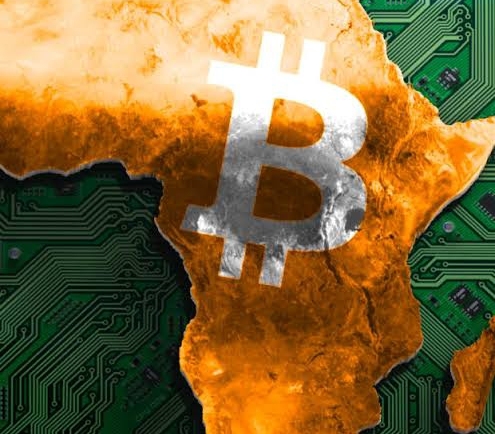
BTC Mining is Being Used to Increase Access to Electricity in Africa
Did you know that approximately 600 million Africans (43%) do not have access to electricity and neither are they likely to get access due to the high cost of access?
Did you know that approximately 600 million Africans (43%) do not have access to electricity and neither are they likely to get access due to the high cost of access?
The solution?
The only way to electrify the small communities and villages across Africa is with minigrids powered by renewables usually between 20kW and 1MW.
Gridless Compute is a bitcoin mining startup in Africa that is cleverly using mining to help expand electricity connections to communities.
As opposed to the large cities and towns in Africa, small rural communities tend to miss out on electricity connections because of little consumption demand. The community’s energy needs are not sizable enough for private electricity generators to invest in connecting them.
According to the Green Africa Mining Alliance (GAMA):
“… [T]he number of minigrids in Africa needs to grow from 3,100 in 2021 to 160,000 in 2030, more than 50 times over nine years, with a cumulative investment of $91-billion by 2030.
If the current pace of minigrid development continues, only about 44,800 minigrids will be installed by 2030, serving only around 80 million people in Africa.”
Commercially-minded investors recognize the challenges of renewable minigrids in rural areas due to:
- Inconsistent demand – usually picks from 6-9.00PM and then drops drastically during the day.
- High upfront costs – a long and unpredictable wait for new business customers to come onto the grid and pay for it.
In addition to the above, development aid from institutions and governments have failed to deliver on ‘universal electricity access’ due to a lack of execution capacity, a lack of funding, and political interference.
That is where Gridless comes in. Gridless, which in December 2022 raised $2 million seed investment led by Stillmark and Block, goes into such areas/villages and plays the role of anchor tenant for electricity generation projects, setting up bitcoin mining stations to guarantee reliable and consistent demand for the generated electricity as the rest of the community joins in:
“There is immense demand for reliable, clean, and affordable energy across Africa, yet mini-grid energy generators struggle for sustainability. Gridless works with renewable, rural, mini-grid energy generators to monetize the full capacity of their output as a buyer of last resort, as well as serving as an anchor tenant for new energy generation creation.”
– Gridless Compute
Another way to look at what they do is that bitcoin mining creates:
- A buyer of first resort (when no one else is buying)
- A buyer of last resort (when there is no other demand) for over producing energy locations to become economically viable.
As an anchor tenant, bitcoin mining is used for new energy generation that wouldn’t otherwise exist in rural sites where traditional industrial or commercial customers are not available
According to Gridless, several business and operational challenges exist that make it difficult for electricity generators to set up in small communities:
- Expensive electricity => It can be up to 4x more expensive to pay for electricity in a small village (cost per Kw) compared to a large city
- Expensive Investment => Initial investment is expensive, and time required to wire up the community grid is long.
- Impossible Return on Investment => Lack of a sizable anchor customer creates an almost impossible ROI position for power projects
- Secure Financing => Energy development companies find it hard to secure financing for new projects
Bitcoin mines are unlike any other industry. They can live anywhere. And, if the energy is stranded, uncontested and free, you have a perfect marriage where everyone benefits – the community, the investors, even the Bitcoin bros.
Bitcoin mining is provided in a modular way, with small cabinets or containers, with the startup creating blueprints that anyone can use to set up their own container.
Gridless, which operates in Kenya, is also part of the Green Africa Mining Alliance, an umbrella organization composed of similar startups including:
- QRB in Ethiopia
- Trojan Mining in Nigeria and
- Sukuma Ventures in Kenya
According to Gridless, as the consumer demand grows in a community, the bitcoin mining can be decreased or removed entirely.


